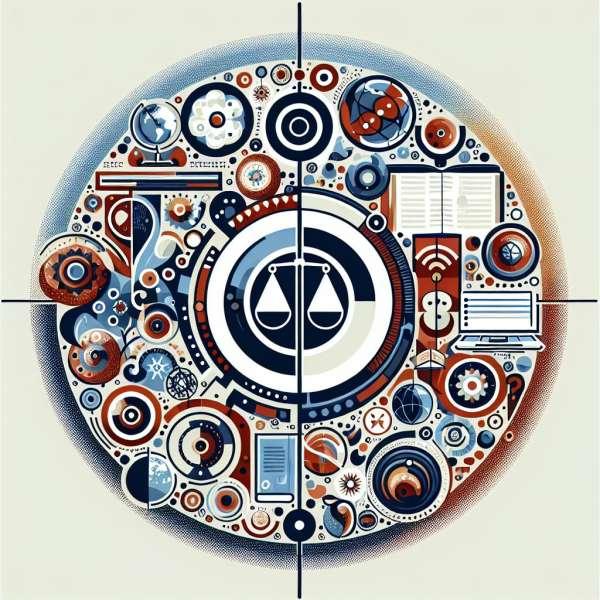Exploring Trust Beneficiaries: Who is Ineligible?
A trust is a legal arrangement designed to hold assets for the benefit of specific individuals known as beneficiaries. While trusts are commonly used for estate planning and asset protection, there are certain individuals who are typically restricted from being named as beneficiaries. Let’s delve into the categories of individuals who are ineligible to be beneficiaries of a trust and the reasons behind these restrictions.
Unqualified Beneficiaries:
There are several types of individuals who are generally not permitted to be designated as beneficiaries of a trust:
- Minors: Minors are often excluded as beneficiaries of a trust due to their lack of legal capacity to manage trust assets independently.
- Incompetent individuals: Individuals who are legally deemed incompetent, whether due to mental illness or other factors, may be unable to benefit from a trust.
- Creditors: Beneficiaries with existing debts or obligations may find that trust assets are shielded from creditors. However, exceptions exist, necessitating legal guidance.
- Non-human entities: Trusts are typically established for the benefit of individuals, thus non-human entities like corporations or charities are usually not permitted as beneficiaries. Specialized trusts, such as charitable trusts, can cater to non-human beneficiaries.
- Beneficiaries with conflicts of interest: Beneficiaries with conflicting interests that could jeopardize the trust or harm other beneficiaries may be disqualified from receiving trust distributions.
Implications and Best Practices
When creating a trust, it is crucial to carefully evaluate potential beneficiaries and exclude ineligible individuals. Here are some advantages and practical suggestions to consider:
- Asset Protection: Limiting beneficiaries can safeguard trust assets from potential creditors or legal disputes.
- Conflict Avoidance: By identifying and avoiding conflicts of interest among beneficiaries, you can promote the effective management of the trust.
- Seek Professional Advice: Consulting with a legal expert during trust setup ensures compliance with applicable laws and regulations.
Illustrative Scenario:
Consider Sarah, who wishes to establish a trust for her grandchildren but is wary of one grandchild’s financial struggles. Seeking counsel from a legal professional, Sarah gains insights on structuring the trust to shield her assets from the troubled grandchild’s creditors.
Parting Thoughts:
In summary, trusts serve as valuable tools for estate planning, yet not all individuals can be designated as beneficiaries. By adhering to the restrictions on trust beneficiaries, you can fortify asset protection and facilitate smooth trust administration for the intended recipients.
It is advisable to engage a legal advisor when establishing a trust to ensure regulatory compliance. Through thoughtful consideration of eligible beneficiaries, you contribute to the longevity of the trust and the welfare of its beneficiaries.
The post Discover Who is Ineligible to be a Beneficiary of a Trust appeared first on lawyer.bet.



